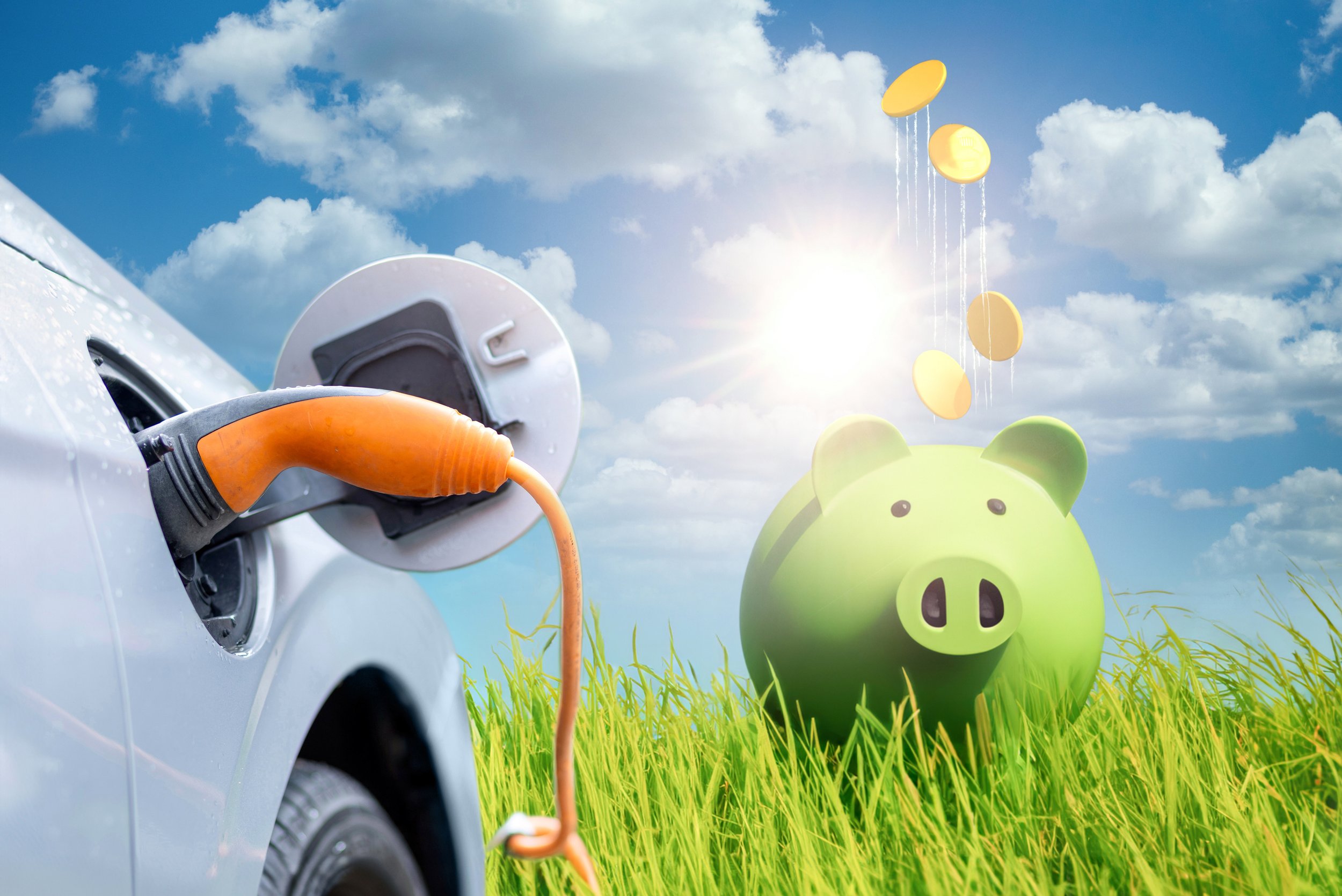
You’ve Made The Decision To Save Our Environment Now Let Us Keep You Charged and Moving, Saving Money Along The Way
Did You Know?
-
ENVIRONMENT CONSIDERATION
Studies have shown that on the average in the U.S.-- including the cleanliness of the varying power sources—EVs do reduce greenhouse-gas emissions. However, EV batteries use a huge amount of fossil fuels to manufacture. The minerals required Cobalt, nickel, lithium and manganese is limited in supply and just like in oil production, mining operations can be hazardous to surrounding communities’ water and air.
-
CONSIDERATION ELEMENTS
Many elements need to be determined by the electrician at first visit
Size of the service available
Type of vehicle & type of charger
The charger you get with the purchase of the EV typically requires 120/110 volt-outlet
-
HOW ARE YOU SPENDING?
$80,000. Vehicle usually have the longest range 400-miles plus per charge
$50,000. Vehicle usually have around 300-mile range
$30,000. Vehicle usually have around 250 +/- miles per range
While EVs are more expensive to purchase they are less expensive to operate than gas
Minimal service requirements.
-
CAN I LEAVE MY CAR CONNECTED TO THE CHARGER OVERNIGHT?
Always consult the manufacture’s guide. Typically, YES. The charger will regulate and discontinue charging once the vehicle is fully charged. Furthermore, most EV chargers come with apps that can be preset to be charged when the kW rate is lowest. Most EV chargers will top off the required full charge.
-
HOW LOW CAN I RUN THE EV BEFORE CHARGING AND HOW HIGH CAN I CHARGE THE EV?
Always consult the manufacture’s guide. Typically advised not to run your EV charge below 20% and usually max charge to 80%.
-
ARE ALL EVS CHARGERS EQUAL?
NO! Not every battery will accept the charge at the same electrical rate.
Example: The first generation EVs were only capable of charging at 50kW. So, a road trip will take a long time to charge, i.e overnight at the hotel 110 outlet.
Today’s Level 3 TESLA Superchargers take advantage of 350kW 15 min charge = 200 miles. Tesla has 2,300 Multi-charging sites with 26,500.00 stalls in the U.S.
-
IF I UNPLUG MY EV AT THE FULLY CHARGED STAGE, WILL I LOSE BATTERY CHARGE?
You park at an airport and are gone for 1 or 2 weeks. Yes, the battery charge will deplete. Some airports have long term parking with EV charging. Be sure to check before you leave for any great period. You may have to reserve your spot. Check with the airport.
-
HOW CAN I SUPERCHARGE MY NON-TESLA EV?
First consult your manufacturer’s guide
Tesla app provides supercharger locations available in real time. All brands can charge at Tesla sites with the proper adapter.
Step 1 Download the Tesla App.
Step 2 Select charge non-Tesla
Step 3 Find us button’ and it will locate the nearest ‘magic dock’ charging station.
Follow the remaining steps on the app.
-
SAFETY TIPS
Level 2 chargers require A QUALIFIED ELECTRIAN installation for at home charging.
Remember the EV charger is very much like your cell phone.
HOWEVER, THE CORD CARRIES FAR MORE ELECTRICITY. USING THE RIGHT
EQUIPMENT PROPERLY INSTALLED IS SAFE IF YOU FOLLOW SOME STEPS TO
HELP ENSURE THE CAR’S BATTERY HEALTH AND YOU OWN WELL-BEING.
Level 2 chargers require a dedicated 240-volt circuit/50-60 amp breaker to avoid overload.
A qualified electrician must install the equipment.
Maintain the charging station’s parts and replace damaged or worn components that can malfunction.
Cover outdoor charging equipment to prevent water damage
PRO-TIP: While it is generally safe to charge an eV when raining, the owner’s manual has the manufacturer’s special guidance for charging in wet conditions.
-
HOW FAST AND OFTEN TO CHARGE
Level 1 -120- volt outlet = Will require overnight to charge EV
Level 1 -120- volt outlet = Will supply 2-3 miles of range per hour of charge
Level 2- 240- volt outlet = Will require approx. ¼ of the night
Level 2 -240- volt outlet = Will supply 44 miles of range per hour of charge
Commercial 3 phase 480 volt hardwired to the panel. Commercial applications (tesla)
Commercial Tesla superchargers charge up within 20 min 80% charge
Tesla has a unique charging plug only used at Tesla Charging Stations
Adapter plugs can be used on tesla charging stations, for non-Tesla EVs
Tesla has 2374 supercharging stations around the USA and 6610 charging stations worldwide.
-
CAN I CHARGE IN WET CONDITIONS.
The manufacture’s guidelines will advise. Cover the EV charging station outlet to avoid water entry.
